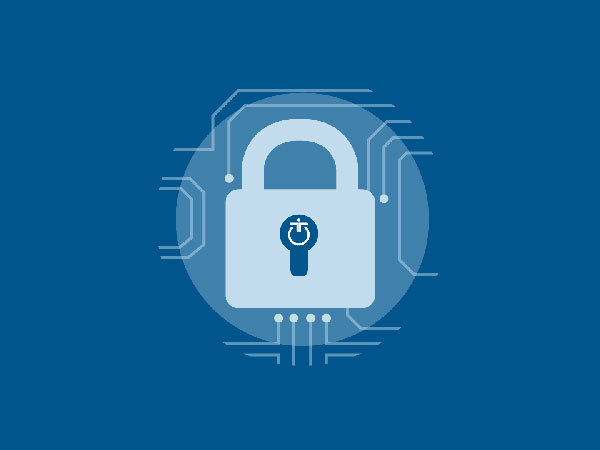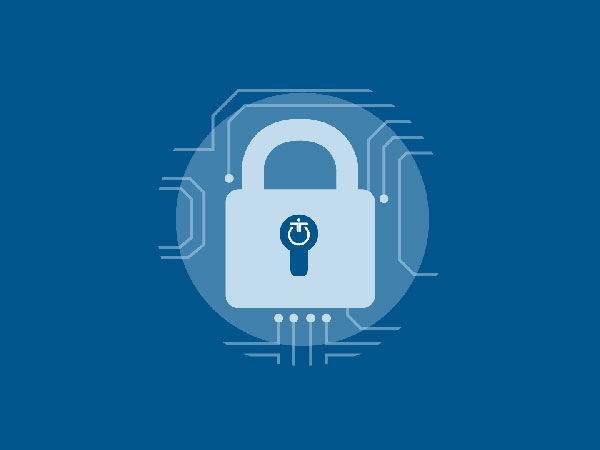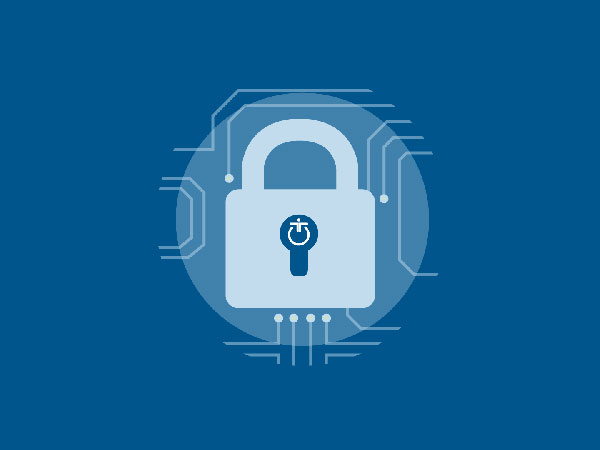Arguably the most significant development in information technology over the past few years, blockchain has the potential to change the way that the world approaches big data, with enhanced security and data quality just two of the benefits afforded to businesses using Satoshi Nakamoto’s landmark technology.
While almost inseparable from cryptocurrencies like Bitcoin and Litecoin at present, blockchain is versatile enough to handle any kind of information that can be digitized. For example, Sir Richard Branson believes that developing countries could benefit from storing property deeds in the blockchain.
However, the most commonly cited use of blockchain is in the Kimberley Process, a documentation scheme designed to prevent “conflict” diamonds reaching the international market.
Why blockchain?
The advantage of blockchain is that it is decentralized – no single person or company controls data entry or its integrity; however, the sanctity of the blockchain is verified continuously by every computer on the network. As all points hold the same information, corrupt data at point “A” can’t become part of the chain because it won’t match up with the equivalent data at points “B” and “C”.
With the above in mind, blockchain is immutable – information remains in the same state for as long as the network exists.
One of the first industries to take advantage of blockchain was iGaming or online casino, where the benefits for players are numerous. For example, Vegas Casino, a provider of bitcoin blackjack, poker, and slots, offers immediate and irreversible payouts, as well as a 1000 millibitcoin bonus to new players. The site is also unique in offering a bitcoin “faucet”, where players can harvest their own cryptocurrency.
What about Big Data?
Using the example of a hospital or healthcare provider, poorly managed patient data increases the risk that a patient will be misdiagnosed, treated incorrectly, or that test results become lost or corrupted. There’s also a concern that two touchpoints on a patients’ treatment journey (e.g. a GP and specialist) might have different datasets for the same person.
Placing healthcare databases on the blockchain would create a single, unchangeable resource for practitioners to use when treating a patient.
The most significant benefit the blockchain could offer healthcare is security. In the United States, insurers such as Anthem, UCLA Health, and several others lost more than 100m patient records to hackers in 2015, a breach that left patients at risk of identity theft. Under blockchain, even a doctor would require multiple authorized “signatures” or permissions from other parts of a network to access patient records.
A blockchain-based healthcare system would also allow providers to share records with justice departments, insurers, employers and any other sector with an interest in people’s health without the exponential increase in risk factors that comes with stretching a network thin; after all, a multi-department system is only as secure as the defenses at its weakest point.
To end on a slightly sour note, blockchain integration in healthcare is a long way off. The need to rebuild database infrastructure, train and hire new staff, and to persuade directors that blockchain is worth the financial outlay means that the system’s growth will be confined to health-based start-ups for the foreseeable future.












![Cybersecurity: the motivation behind cyber-hacks [Infographic]](https://crayondata.ai/wp-content/uploads/2022/05/varonis-hacker-motives-red-flags-and-prevention-ig-960x4826-2-1.png)






![Most common tactics used by mobile apps to snatch your data [Infographic]](https://crayondata.ai/wp-content/uploads/2022/05/social-media-1.jpg)